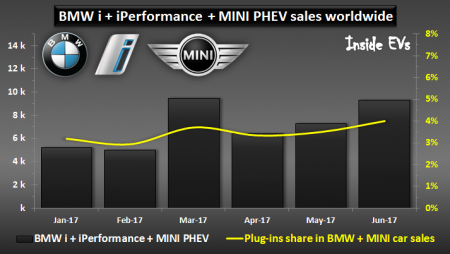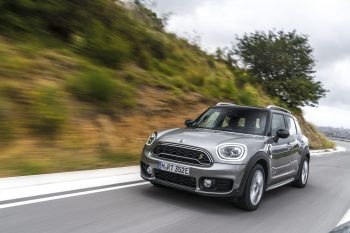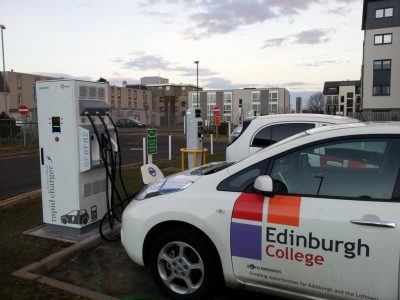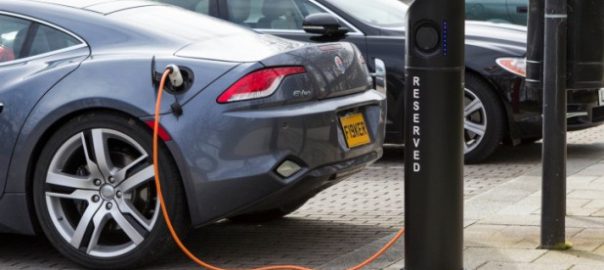Fueling U.S. Forward, the Koch-funded campaign to “rebrand” fossil fuels as “positive” and “sustainable,” has released a new video attacking the “Dirty Secrets of Electric Cars,” signaling a possible strategic pivot from straightforward fossil fuel cheerleading to electric vehicle (EV) and clean energy bashing.

The video and accompanying Dirty Secrets of Electric Cars web page feature blatant factual errors, misleading statements, and glaring omissions (all of which will be debunked thoroughly below), while essentially attacking electric cars for using the same materials needed to manufacture cell phones, laptops, defense equipment, and gas-powered cars, and which are even a critical component of the very oil refining processes that form the foundation of the Koch fortunes.
When Fueling U.S. Forward launched last August, the organization’s president Charles Drevna described the campaign as an effort to rebrand fossil fuels by focusing on the “positive” aspects of coal, oil, and gas. This newly released video seems to further confirm investigative journalist Peter Stone’s reporting from last spring that the Kochs were
“plotting a multimillion dollar assault on electric vehicles.”
How do we know that Fueling U.S. Forward is this Koch-funded campaign? First, Charles Drevna, who is leading the effort, developed the concept while serving as a Distinguished Senior Fellow at the Institute for Energy Research, a pro-fossil fuel think tank that was partially founded by Charles Koch and that is run by a longtime lobbyist for Koch Industries. Second, and more concretely, Drevna told DeSmog’s Sharon Kelly that he was working with Koch Industries’ board member (and longtime Koch brothers’ confidant) James Mahoney on the campaign and that it was funded by “one of the brothers.”
Echoes of America Rising Squared
Fueling U.S. Forward and America Rising Squared (or AR2) have no public affiliation. Yet within a few weeks in June, both groups launched attacks on electric vehicles using the same misleading arguments and nearly identical language. While the former group is a known Koch-funded campaign to promote fossil fuels, the latter has close ties to the GOP establishment, and has invested heavily in promoting alleged hypocrisy among climate action advocates, even paying “trackers” to follow around the likes of Tom Steyer and Bill McKibben.
In June, as DeSmog reported, AR2 published a white paper that purports to reveal the
“human and environmental costs of ‘clean energy,’”
taking electric vehicles and solar panels to task for their reliance on rare earth metals. As we wrote at the time:
Here’s what the white paper doesn’t mention: many of the very same rare earth minerals that the AR2 report bashes are critical components of cell phones, computers, cameras, military and defense equipment, and even traditional gas-powered vehicles. What’s more, the petroleum refining process is critically dependent on some of the same rare earths that AR2 lambasts in this white paper.
Read more: DESMOG





















